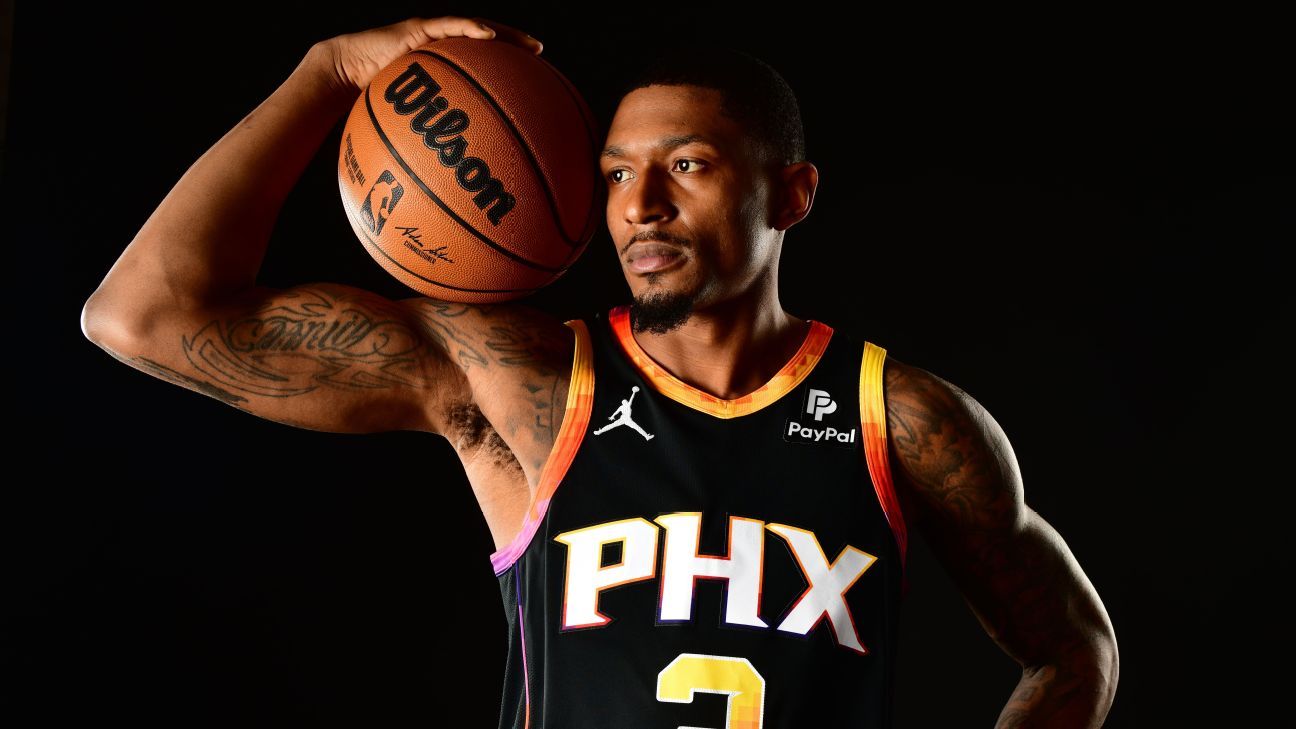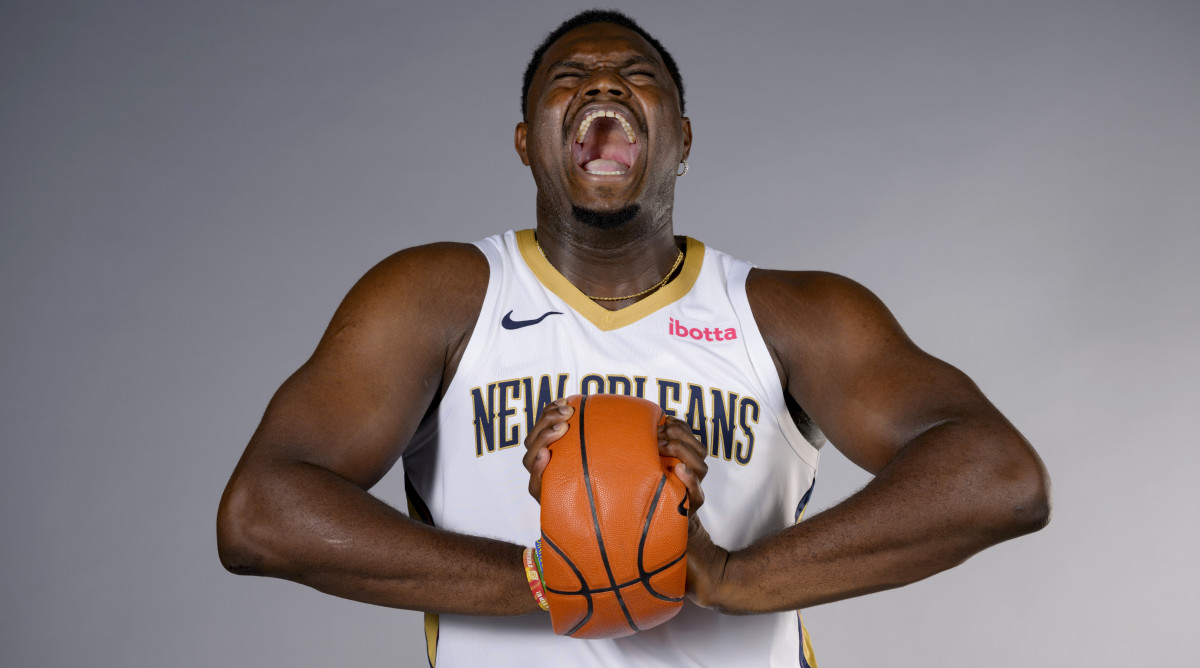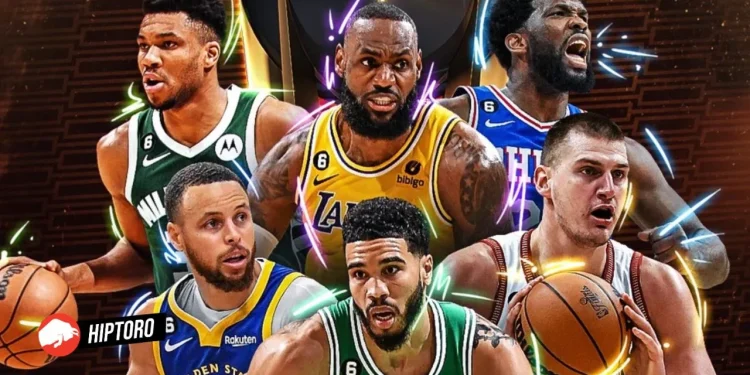The NBA’s landscape is on the cusp of dramatic change, thanks to the intricate dance of dollars and cents dictated by the newly minted Collective Bargaining Agreement (CBA).
With the luxury tax threshold setting a tighter noose, several teams find themselves in a fiscal quagmire, potentially forcing them to part ways with their marquee stars.
This article delves into the financial predicaments of three NBA teams: the New Orleans Pelicans, the Minnesota Timberwolves, and the Boston Celtics, each facing their unique challenges under the looming shadow of the luxury tax.

New Orleans Pelicans: NBA’s Trio of Titans
The Pelicans, with their blend of seasoned veterans and blossoming talent, are teetering on the edge of the luxury tax precipice. Zion Williamson, Brandon Ingram, and C.J.
McCollum—each commanding salaries north of $30 million—form the core of a team that has punched above its weight, securing a playoff berth in the fiercely competitive Western Conference.
However, this financial trio spells a conundrum for the Pelicans as they navigate the salary cap with only a sliver of room to maneuver.
An Eastern Conference executive pointedly notes, “New Orleans has to decide between Zion Williamson and Brandon Ingram. I think that will happen this summer.” The consensus leans towards Ingram being the likely candidate on the move despite his impressive averages of 21.4 points, 4.9 rebounds, and 5.8 assists per game.
His age and performance make him an attractive proposition for teams seeking to bolster their rosters with proven talent, potentially offering the Pelicans a lifeline to duck under the luxury tax threshold.
NBA’s Minnesota Timberwolves: The Big Bet
The Timberwolves’ gamble on a championship-caliber team has placed them squarely in the financial red zone. The dynamic duo of Karl-Anthony Towns and Rudy Gobert, complemented by the meteoric rise of Anthony Edwards, has propelled the team to the zenith of the Western Conference. However, this success comes with a hefty price tag, pushing the team well over the luxury tax threshold.
🇷🇸 Serbian legends Novak Djokovic whit Nikola Jokic NBA star and Vlade Divac former NBA star pic.twitter.com/hfIJ9gl6wi
— M e d i a s e t * S * (@MediasetS1) March 3, 2024
With Towns’ salary set to skyrocket to $49 million following his mammoth contract extension and Edwards due for a significant raise, the Timberwolves face a daunting fiscal future. NBA insiders speculate that Towns, despite his superstar status and contributions on the court, might find himself on the trading block to alleviate the team’s financial strain.
Boston Celtics: Juggling Juggernauts of the NBA
The Celtics’ commanding presence atop the NBA standings is matched only by their looming financial dilemma. With two supermax contracts already on their books, Boston is significantly over the salary cap, necessitating a strategic offload to avoid the punitive luxury tax.
Jaylen Brown, despite signing the largest contract in NBA history just this offseason, emerges as the potential odd man out. A Western Conference executive muses, “I think [a trade is] realistic.
Can you get 80 percent of Jaylen by keeping Derrick White and replacing Jaylen with a $20 million player instead of a $40 million player?” This sentiment underscores the harsh reality facing the Celtics: maintaining their championship-caliber team might necessitate sacrificing one of their core pieces.

Conclusion: The High-Stakes Game of Financial Flexibility in NBA
As the NBA enters a new era under the revised CBA, teams are forced to reassess their strategies, balancing on-court success with financial prudence. The Pelicans, Timberwolves, and Celtics each face pivotal decisions that will shape their futures, both on the hardwood and in the accounting ledger.
With the luxury tax looming large, the off-season promises a whirlwind of trades and transactions as teams scramble to align their rosters with the league’s fiscal realities.

Source: Givemesport









